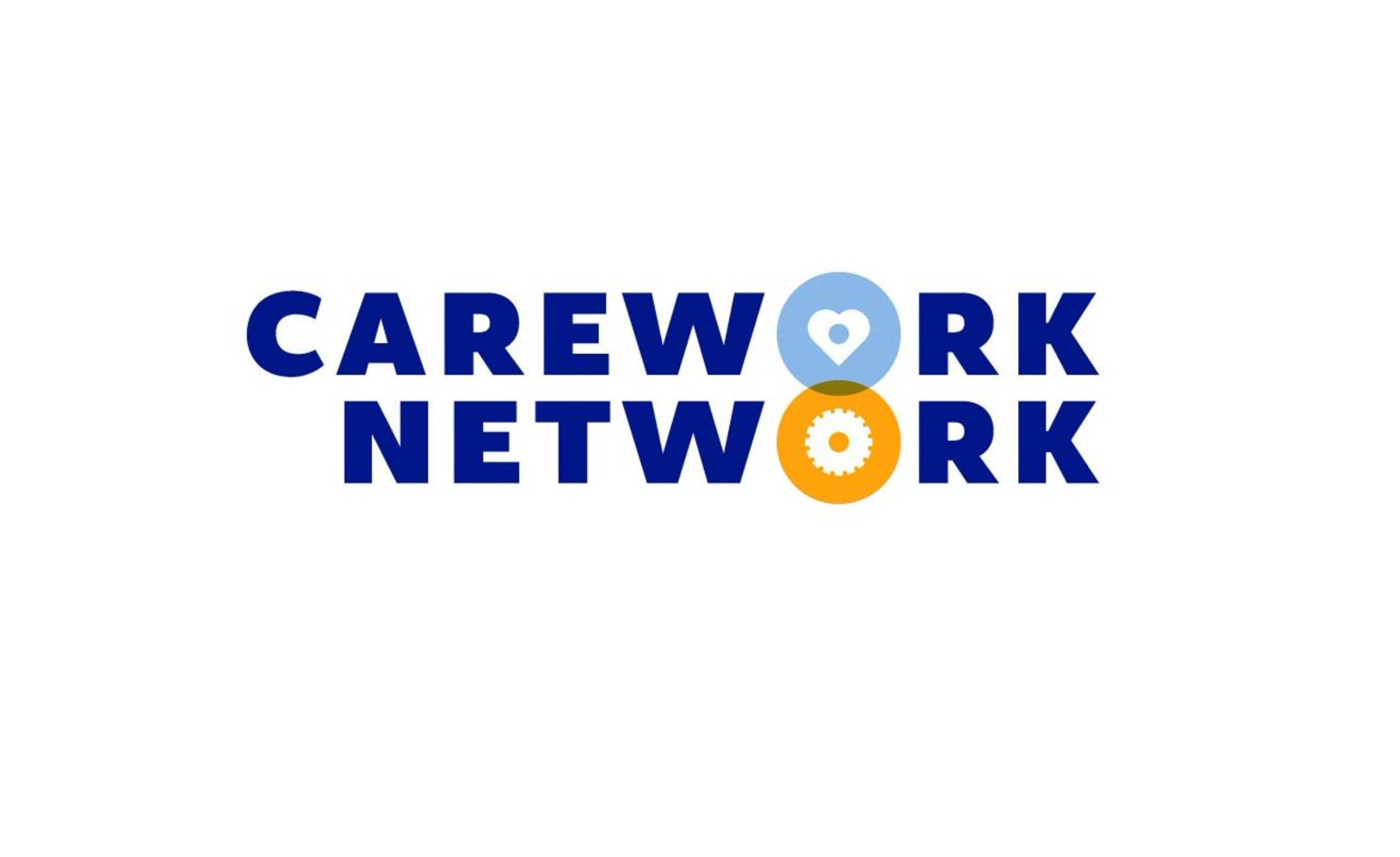
Combatting Increased Risks of Elder Abuse during the COVID-19 Pandemic
August 19, 2021
Bring your big ideas! Carework Network Symposium
September 10, 2021By Emma Dries and Nathan Boucher
August 25, 2021
COVID-19’s proliferation highlighted the importance of caregiving in our communities excoriating bare the United States’ lack of infrastructure and support for those providing some of the most critical care – care partners of our most vulnerable. Existing barriers to optimal care work supports haven’t gone unnoticed by the Biden presidential administration, but there is a long road ahead if we are to achieve significant and necessary shifts in both thinking and practice. While there is now broad support for the importance of care work across settings and populations, partisan politics hamper the necessary funding approvals truly needed to bolster care work.
While Medicaid in most U.S. states provides caregivers and those for which they care some financial resources, the federal government does not mandate that states provide these benefits. In 2018, 820,000 Americans in need of home and community based services were on state waitlists. During his campaign, President Biden promised to eliminate waiting lists through a large infrastructure bill. The United States Senate will soon turn to a budget outline for a $3.5 trillion package that addresses care for groups like older adults, the disabled, and children; but waitlists for adequate care remain. It is likely only Democrats will support this package.
The childcare, for example, is essential for working families, and yet the COVID-19 pandemic led to lay-offs of approximately 350,000 childcare workers — about a third of the childcare workforce. The pandemic brought much needed attention to the necessity of childcare workers and the support they provide families. A problem recognized on both sides of the aisle, but with little unity on how we should pay for workforce improvements.
Prioritizing robust care infrastructure and sustaining action is crucial in supporting the millions of Americans both receiving and providing care. This past March, the Carework Network leadership sent a broadly endorsed and signed statement to the Biden administration offering three key policy recommendations for a robust caring infrastructure. As detailed by the statement written by leaders in care work policy, providing paid leave, the protection of paid care workers, and the expansion of childcare and school infrastructure are concrete steps to make caregiving central to the United States’ national agenda.


